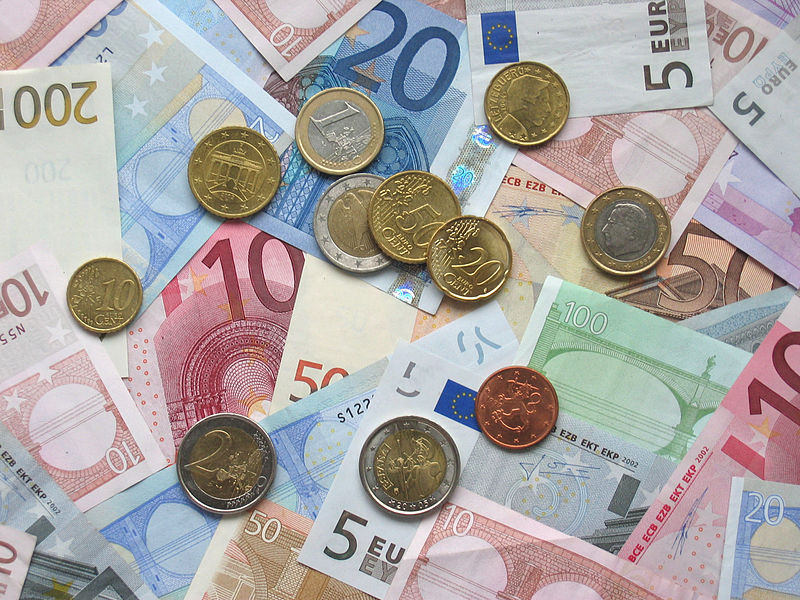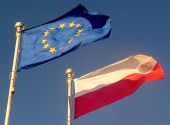
Preliminary data released on Monday indicated that inflation increased in four key German states in April, hinting at a potential halt to the national downward trend and a slight rebound
this month.
In Bavaria, the inflation rate climbed to 2.5% in April from 2.3% in March, while in Brandenburg, it rose to 3.0% from 2.8%. Similarly, in Saxony, it increased to 2.7% from 2.5%, and in Hesse, it grew to 1.9% from 1.6%.
However, in North Rhine-Westphalia, Germany's most populous state, the inflation rate remained unchanged at 2.3% in April compared to the previous month. Conversely, in Baden-Wuerttemberg, it declined to 2.1% from 2.3%.
According to economists surveyed by Reuters, Germany's harmonized inflation rate is anticipated to stay at 2.3% in April, matching the March figure.
Later on Monday, attention will be focused on national inflation data as Germany releases its figures ahead of the expected eurozone inflation data release on Tuesday.
Meanwhile, Spain also reported inflation data on Monday, showing a rise to 3.4% from 3.3% in the previous month.
Economists polled by Reuters anticipate that eurozone inflation will hold steady at 2.4%, unchanged from the previous month.
In Germany, a slightly higher number of companies compared to the previous month expressed intentions to raise their prices in April, as revealed by a survey conducted by the Ifo Institute published on Monday.
Sascha Moehrle, an economic expert at the Ifo Institute, commented, "Inflation is unlikely to fall any further in the coming months and is set to remain at just over 2%."
Deutsche Bank expects a modest uptick in German inflation in April to 2.4%. This projected increase is primarily attributed to higher energy prices, particularly due to the scheduled VAT rate hike on gas and district heating effective since April 1, along with the oil-driven rise in motor fuel prices. Photo by Avij, Wikimedia commons.








































